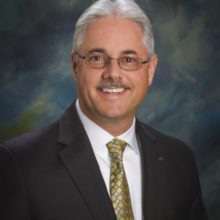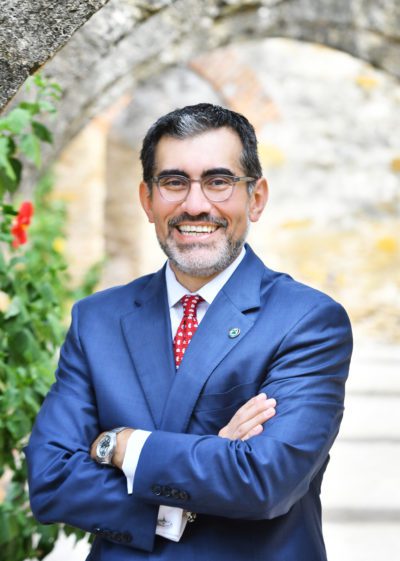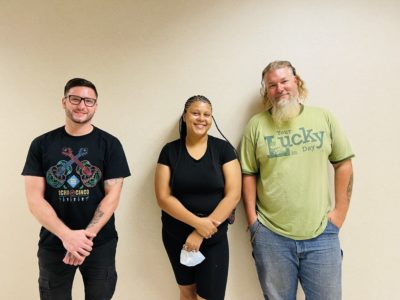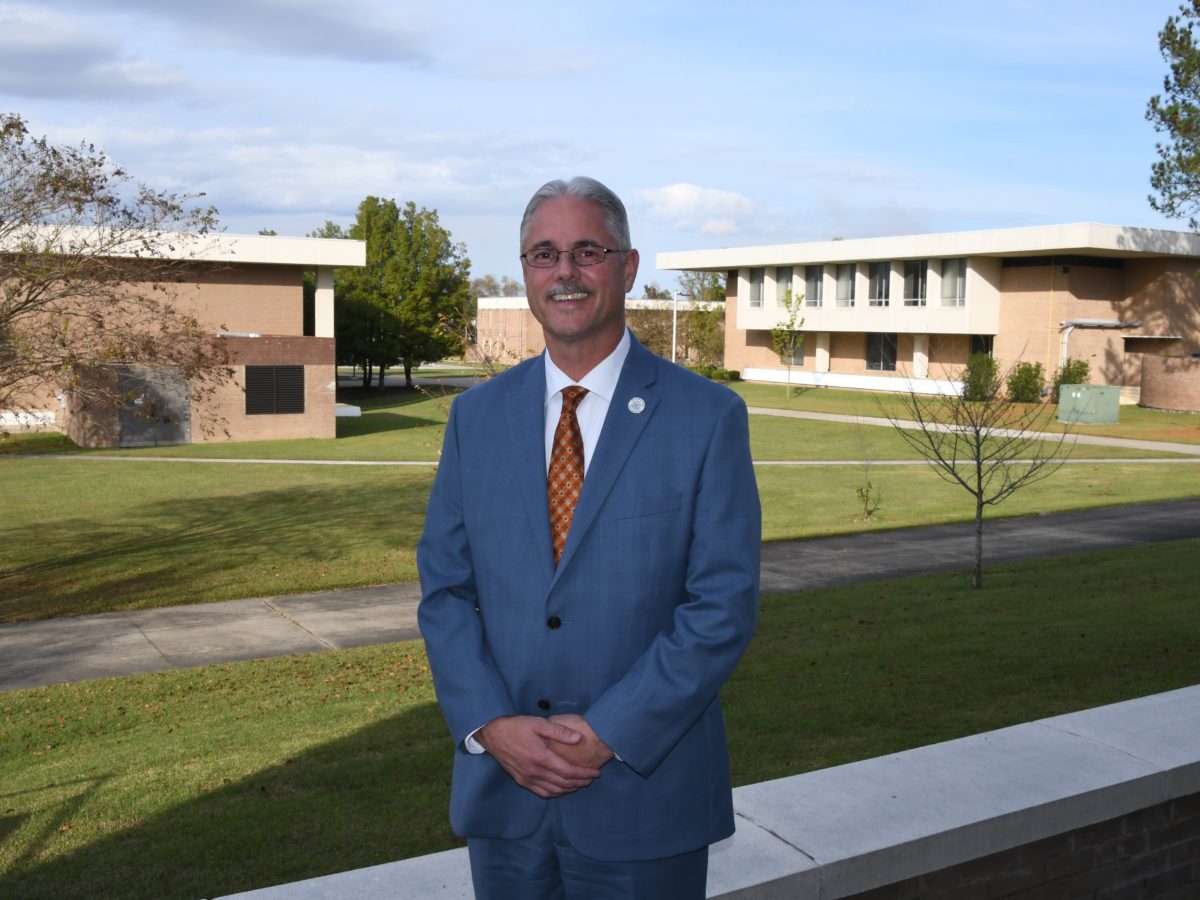

|
|
No truer words in education have been spoken than, “This is a job we all have to do together.” Thank you, Chancellor Mike Flores, for reminding us that we are partners in our students’ journey and, in the words of Dallas Herring, we must find ways “to meet them where they are and take them as far as they can go.” I agree we must understand the communities we serve and the challenges they face before we can provide appropriate educational opportunities to enhance their individual economic situation, and we must work together to achieve that goal.
At Lenoir Community College (LCC), we are taking a multifaceted approach to how we deliver our programs and services. When we think of the barriers that keep high school and adult students from attending college, transportation, finances, and child care top the list. We have focused on these areas through specific initiatives.
We offer Career and College Promise classes in our service area high schools as we recognize the need to bring college classes to the high schools to alleviate the barrier of transportation. We also have two early college high schools, one located on our Lenoir County campus and one located on our Greene County campus. Those who attend the early college program can graduate with not only their high school diploma but with an associate degree, thus taking the pressure of finance off their parents. These programs eliminate barriers for diverse populations and provide that face-to-face instruction that students need. We also offer a variety of flexible course schedules such as online, synchronous, eight-week, and hybrid that can be accessed at their fingertips.
We created a new initiative called the Lancer Academy at one of our area high schools, whose population is over 90% minority, that specializes in health science programs and college transfer programs. We have an entire building dedicated to our academy, so it’s like having a college campus in the high school setting. We have plans for an additional high school academy at the new Aviation Center of Excellence, which is under development and will be constructed soon.
Knowing the need to think past high school to postsecondary education, we have placed career coaches in service area high schools. These coaches are meeting with students and developing individualized career and educational plans to provide a connection between the high school and college classes they are planning to take to pursue their intended careers.
We have also taken the concept of coaches a step further by placing success coaches in each of our instructional divisions. These coaches are usually retired educators who have returned on a part-time basis to help guide and follow up on students to ensure their success in their academic programs. The initiative is intended to operate as an early alert system so students can complete their studies. The coaches develop personal contact with students and utilize our Watermark, formerly known as Aviso, early alert system for intrusive advising to follow up on student success.
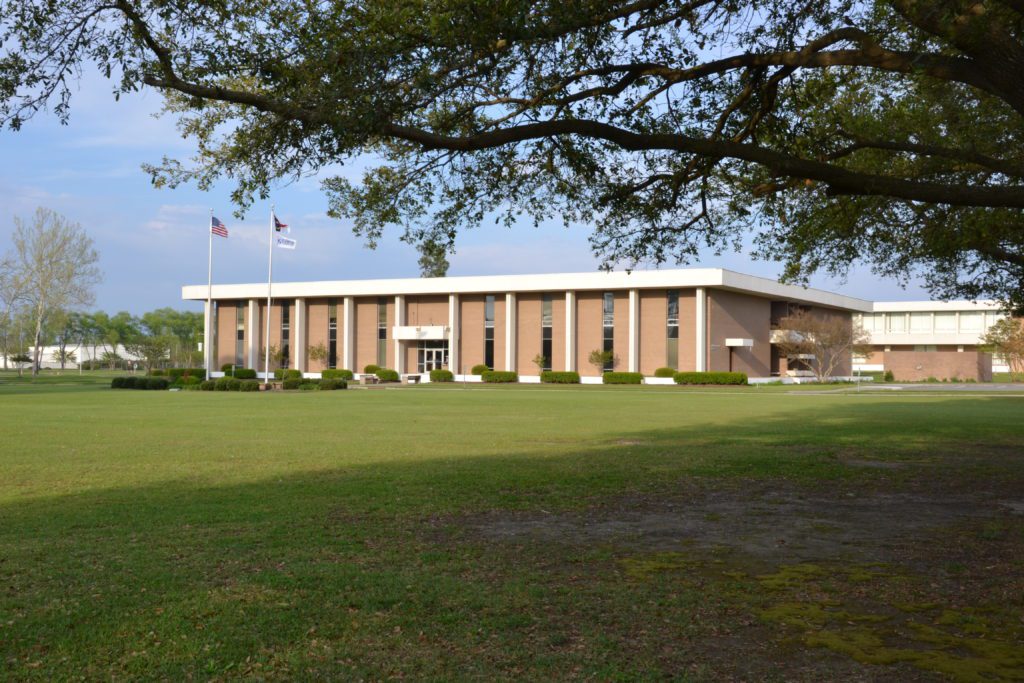

We have also implemented guided pathways, reducing time to degree and excess credits, thus saving students time and money and assuring transferability to universities. We have found that this model puts students’ career goals into focus. We have aligned short-term training courses with curriculum courses so students who start in continuing education can seamlessly transition to curriculum programs. We are beginning to think as one college instead of curriculum and continuing education. It is important to meet the needs of our students whatever they may be.
Removing financial and transportation obstacles
At LCC, we believe that finances should not be a barrier for students to attend college. As such, we created the LCC Guarantee in 2018 to guarantee free tuition to area high school students who meet the established criteria. Our foundation has not turned any qualifying high school student away to date, starting with 39 students who applied the first year to more than 100 students receiving the assistance. This growth demonstrates the financial need that students face, and this program is one that makes education possible.
In addressing the challenge of transportation, we designed and implemented Cars for College, a one-of-a-kind program that, with help through the Z. Smith Reynolds Foundation, donated $250,000 in honor of long-time board member and LCC supporter John McNairy. The program provides vehicles that have been donated or bought from a car auction and repaired through the college’s automotive technology program to qualifying students at an affordable cost. We have spent about $107,000 in new equipment and tools for the program. By repairing the cars through the automative program, student mechanics get hands-on experience. The cars are evaluated and tested by a certified instructor, and the college provides a six-month warranty.
The program provides students with independent transportation and allows them to establish credit through a local credit union at an affordable interest rate. Students with reliable transportation can have more access to work and education. The independence a car brings can be life changing, and we have seen the difference it makes in our students’ lives. The first car that was awarded was to a young father pursuing a truck driving certification. He was so excited that he could take his family to the beach for the first time. It is the little things that motivate many of our students.
We also provide public transportation tickets at a reduced price for our students. Recently, we received a grant to purchase a 26-passenger bus that we are planning to use to transport high school students to our various campus locations.
When we looked deeper at our demographics, we found a large Latinx population that was not being served. We created a Latino Center to serve that population with specific programing and support services. We offer numerous programs that lead to credentials with value in the marketplace, offering those programs on nights and weekends to meet the needs of the students. We also hold a special graduation program that brings hundreds of family members to celebrate the accomplishments of their graduates. Through the Latino Center, students can earn multiple certifications at an affordable cost.
Working together
There are many programs that community colleges utilize to reach citizens in their areas. With gratitude to the John M. Belk Endowment for its financial support and resources, LCC is proud to be a partner in both the N.C. Reconnect and N.C. Reach programs. These programs recruit and support adult learners and underserved populations who want to come back to college.
To say it takes a village is an understatement, for we must expand our village to help boost the economy, to bring skilled workers to high-demand jobs, to continue to serve and change with the times. No longer can we adopt, “If you build it, they will come,” attitudes. We must find ways to meet our students where they are and provide support to engage them to be successful. Our students are as diverse as the programs we offer. We must realize that one size does not fit all. We have done much, but there is much more to do. And yes, Dr. Flores, I agree that this is a job we all must do together for our current students and for those students who will follow.
